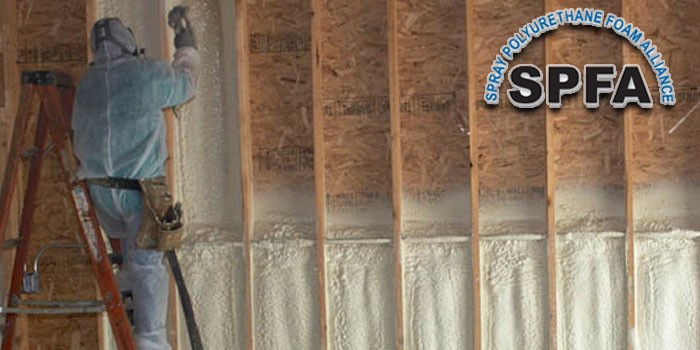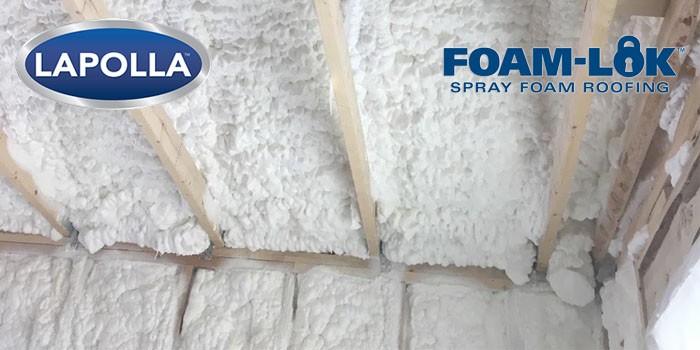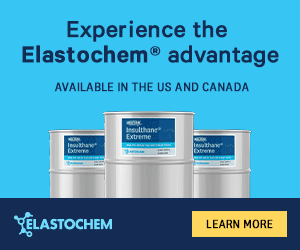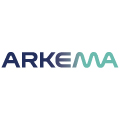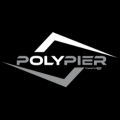Hybrid Head Scientist Wins Gold Medals From IFIA For Core Non-Isocyanate Polyurethane Platform Technology Patents

SAN FRANCISCO, CA – November 9, 2016 – Hybrid Coating Technologies Inc. announced that its head scientist, Dr. Oleg Figovsky, has won two gold medals from the International Federation of Inventor’s Association (IFIA) for two of Hybrid’s non-isocyanate polyurethane platform technology patents. The IFIA is a non-profit organization established in 1968 with members in 95 countries.
“Over the past several years Hybrid’s technology has won several awards including the Nanotech Briefs “Nano 50 Technology Award” from NASA, a finalist mention at the 2010 Polyurethane innovation Competition and the EPA Presidential Green Chemistry Award in 2015,” said Joseph Kristul president and CEO, “We are very pleased to see the continued and growing interest for our technology by different organizations, corporations, and governmental bodies and we believe that we are very well positioned to address the growing urgency for non-isocyanate-based polyurethane products.”
The Problem of Conventional Foams/Coatings/Paint and Isocyanates
Conventional polyurethane (PU) paint and coatings have many disadvantages: they are porous, permeable and maintain poor hydrolytic stability. This makes the material highly vulnerable to environmental degradation and ultimately leads to their chemical decomposition, especially when in contact with water. Conventional PU foams such as spray foam insulation are applied via a spraying mechanism that sends toxic isocyanates in the air – exposing workers to the dangers of toxic isocyanates. Strict and costly health & safety measures have to be implemented in the manufacture and application of conventional polyurethane due to the toxicity of isocyanates. This is why regulatory bodies around the world are now looking toward phasing out the use of isocyanates.
RELATED NCFI Introduces World’s First Viable High Yield 1.7 Pound Closed-Cell SmartSPF® Insulation to Help Applicators, Demilec Showcases Latest Innovations at 2016 Greenbuild Expo, Lapolla Industries Supports Amendment to Montreal Protocol
The Green Polyurethane™ Solution
Green Polyurethane™ (also referred to as “HNIPU” - hybrid non-isocyanate polyurethane) is a “hybrid” material that combines the high chemical resistance properties of epoxy and advanced durability and wear resistance properties of polyurethane, making it the perfect coating application for sanitary, high traffic and corrosive surface areas. As a hybrid material with superior properties, Green Polyurethane™ can be applied in one or two coatings, providing a welcome cost-saving substitute to currently used multi-layered coating applications. Its safety features allow it to be applied without the interruption of business due to public exposure, creating an additional 30-60% savings on application costs for customers. As a foam, Green Polyurethane™ provides high R values up to 6.0, energy savings up to 30% and improved tensile strength over conventional foam without using dangerous isocyanates.
Recent Anti-Isocyanate Regulatory Pressure
US EPA MDI Action Plan: The US EPA (Environmental Protection Agency) is taking progressive action to regulate and potentially ban isocyanates and has mentioned Hybrid’s technology as an alternative to toxic polyurethane in its MDI Action Plan against isocyanates (see page 4 Figovsky and Shapovalov)
http://www.epa.gov/sites/production/files/2015-09/documents/tdi.pdf
OSHA National Emphasis Program: On June 25, 2013 the Occupational Safety and Health Administration (OSHA), a division of the US Department of Labor, initiated a National Emphasis Program to protect workers from the serious health effects from occupational exposure to isocyanates. Isocyanates are found in polyurethane based products. According to OSHA, "Workers exposed to isocyanates can suffer debilitating health problems for months or even years after exposure which could result in death."
About Hybrid Coating Technologies: Hybrid Coating Technologies (HCT) is a San Francisco-based innovator focused on improving the quality and safety of foams, coatings, and adhesives for industrial and commercial customers around the world. We are the exclusive licensee of Green Polyurethane™ foam, coatings, and adhesives – the world’s first-ever patent protected polyurethane-based foam, coatings, and adhesive products that eliminate toxic isocyanates from the entire production process (licensed by Nanotech Industries, Inc.) and the 2015 recipient of the Presidential Green Chemistry Award.
California’s Department of Toxic Substances Control (DTSC) on March 13, 2014 selected isocyanates and two others substances from a list of 1,100 toxic components that it will focus on with the goal of potentially banning them altogether within the next two years. The announcement is part of a bigger effort to educate consumers and manufacturers about product safety under the Green-Chemistry Law, which went into effect in California last year. Under the law, the agency has jurisdiction to ban these products altogether after following proper protocol. That process includes workshops, a public comment period and requiring manufacturers that want to sell these products in California to determine whether it would be feasible to use safer ingredients
The US EPA on January 8, 2015 announced that it was taking action to protect consumers from new uses and imports of harmful isocyanates in polyurethane. The EPA’s proposed action, a Significant New Use Rule (SNUR) under the Toxic Substances Control Act (TSCA), would require manufacturers (including importers) to notify the EPA at least 90 days before starting or resuming new uses of isocyanates in polyurethane based consumer products. The EPA would then have the opportunity to evaluate the intended use of and if necessary, to take action to prohibit or limit all products containing over one tenth of one percent of the chemical including imported products that make their way into the United States
On September 14, 2016 BASF Corporation, Bayer Material Science LLC, Dow Chemical Company and Huntsman International LLC were named in a $90 Billion False Claims Act (FCA) lawsuit brought by New York law firm Kasowitz, Benson, Torres & Friedman LLP on behalf of the U.S. government for selling billions of dollars worth of harmful isocyanate chemicals but intentionally concealing their dangers to consumers and the U.S. Environmental Protection Agency (EPA) over the past several decades. In the suit, the law firm said that the defendants manufacture and sell isocyanate chemicals such as methylene diphenyl diisocyanate (MDI), polymeric MDI (PMDI) and toluene diisocyanate (TDI). These raw materials make up polyurethane products such as liquid coatings, paints and adhesives; flexible foam used in mattresses and cushions; rigid foam used as insulation; and elastomers used to make automotive interiors.
CAUTIONARY DISCLOSURE ABOUT FORWARD-LOOKING STATEMENTSThis release contains "forward-looking statements" within the meaning of Section 27A of the Securities Act of 1933, as amended, and Section 21E the Securities Exchange Act of 1934, as amended and such forward-looking statements are made pursuant to the safe harbor provisions of the Private Securities Litigation Reform Act of 1995. Statements in this news release other than statements of historical fact are "forward-looking statements" that are based on current expectations and assumptions. Forward-looking statements involve risks and uncertainties that could cause actual results to differ materially from those expressed or implied by the statements, including, but not limited to, the following: the ability of Hybrid Coating Technologies Inc. to provide for its obligations, to provide working capital needs from operating revenues, to obtain additional financing needed for any future acquisitions, to meet competitive challenges and technological changes, and other risks. Hybrid Coating Technologies Inc undertakes no duty to update any forward-looking statement(s) and/or to confirm the statement(s) to actual results or changes in Hybrid Coating Technologies Inc. expectations.
Disqus website name not provided.







